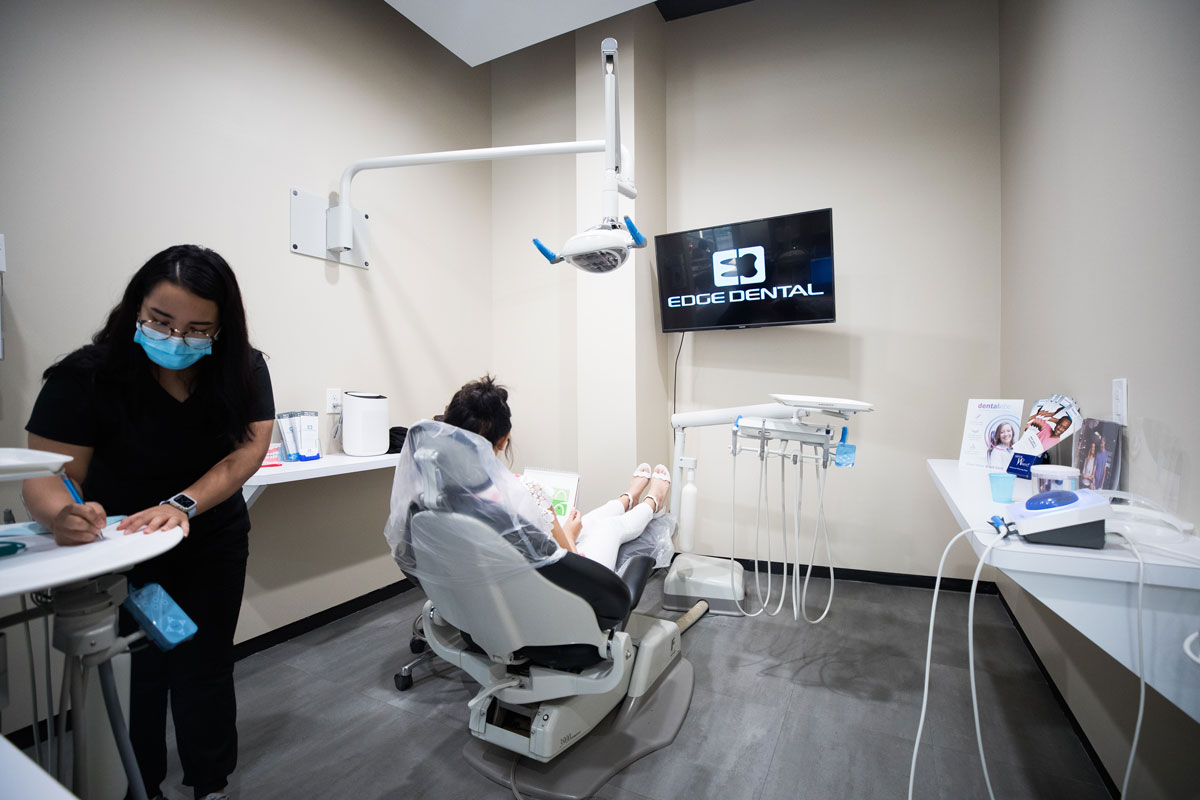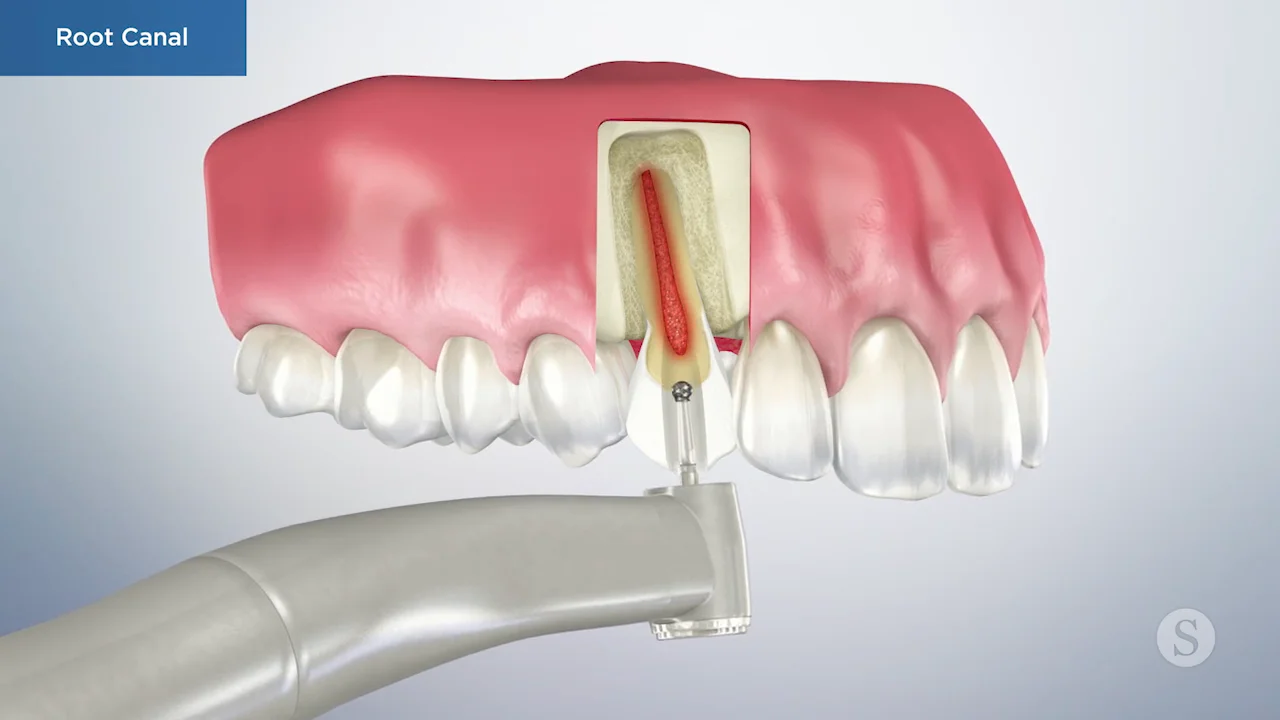Having a root canal can be scary. It's normal to have questions about the root canal procedure and what to expect afterward. While every patient is different, there are some general guidelines for what to expect regarding care. Knowing how to properly care for your teeth after the procedure can help you get your dental health back on track as soon as possible.
Avoid cold and hot drinks and food
Your teeth are sensitive at this time because your nerves are sensitive to anything they come into contact with. This indicates that anything really hot or cold you put in your mouth normally has a layer of protection between it and the nerves in your teeth.
Without that protection, you feel so much heat or cold that it becomes painful. It’s like brain freeze for your teeth, only much worse.
So avoid hot and cold foods and drinks. Brushing your teeth with lukewarm water instead of cold water can also be helpful. However, you can also apply a cold compress or ice to the outside of your cheek to relieve pain and swelling. Just don’t let it get too close to your damaged tooth.

Avoid sugar and acids.
You should also avoid foods and drinks with sugar or acidic properties. Both of these increase tooth decay, and while you may not feel pain right away, they can worsen your condition over time, causing even more pain. Break this cycle! Avoid:
● Ice cream
● Candy
● Fruit juice
● Citrus
● Lemonade
● Hot chocolate
● Coffee
Try over-the-counter pain relievers.
If your dentist agrees, you can take over-the-counter pain relievers like ibuprofen or acetaminophen. Since these pain relievers primarily reduce inflammation, they may help with your toothache. They won't entirely eradicate it, though.
Never take more than the recommended dose, no matter how much it hurts. Damaging your liver or accidentally taking too much is not worth it.
Never apply a pain reliever directly to your tooth or gum tissue, even if it's meant for oral use. Doing so can cause chemical burns to your gums, which will make your pain worse.

Brush and floss
It's painful, but don't try to avoid brushing or flossing your damaged teeth. Keeping your mouth clean can actually help relieve pain. Bacterial clumps create acids that worsen your condition and can trigger more pain. Try flossing between the painful teeth, as removing food particles and plaque may help ease your discomfort.
If you are experiencing discomfort or pain after root canal treatment, following these simple instructions may help you feel comfortable. If the pain persists, contact your emergency dentist office. They will get you in to make sure the tooth is healed.
You can anticipate some discomfort and worry throughout the root canal surgery.
Excessive pain is abnormal, and it would be best to visit a dentist office near me. Modern technology and local anesthesia are vital in making your appointment painless and comfortable while saving your natural tooth.
Contact today's dentist In Houston if you require a root canal or a follow-up examination following your procedure.





.jpg)
Comments